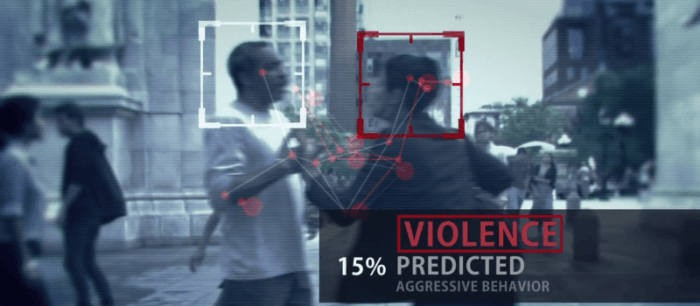It’s a well-known fact that over 98% of smartphone malware targets Android. This is due to the fact that user can only download iOS apps from the human-curated App store, and Apple does a pretty impressive job preventing malicious software from entering its store. However, it’s focuses only on mass malware, which is intended to infect any user without exact targeting. The story is completely different when someone wants to spy on you personally. You don’t have to be a criminal, an influential businessman or event political activist to become a subject of such spying. Maybe you fall into the “suspicious” or “interesting” category by some other criteria, as we will see a little bit later. In this case, a spying agency can infect your iPhone too.
In some countries, different government agencies are able to penetrate a suspect’s computer or a smartphone for “monitoring” purposes or evidence collection. To do this, agencies typically use so-called “legal” spyware. There are international companies officially developing and selling this kind of software. One of such companies is the Italian firm HackingTeam, which develops Remote Control System (RCS) software aka Galileo. Kaspersky Lab monitors RCS infrastructure for some time and encountered Windows malware “implants” from RCS before. There were multiple hints in malicious files indicating the existence of smartphone “implants”, but we did not have a chance to obtain them in the wild. During recent Kaspersky Lab research in partnership with Morgan Marquis-Boire from Citizen Lab, new variants of malware were discovered. These new samples are actually smartphone Trojans that work on both Android and iOS.
#Kaspersky Lab discovered #spying #Trojans that work on both #Android and #iOS
Tweet
iOS malware
The major new discovery during the current RCS research is the method used to infect iPhones. First, a victim’s computer is infected with Windows or MacOS malware. The infection vectors are different each time and may include social engineering tricks, exploits and spear phishing. The malware silently sits in the computer, performs typical spying activities like keylogging and waits until the victim connects his/her smartphone to perform an iTunes sync. If a spyware operator approves a smartphone infection, a Trojan tries to silently jailbreak a connected iPhone, followed by the installation of the mobile spying component. At this step, iPhone reboots and it’s actually the only noticeable sign of anything going wrong. A malware is quite smart and uses multiple logical triggers to spy discretely, for example, works only when attacker-specified Wi-Fi network is nearby or a wall charger is connected. It does not cause major battery drain, which may alert a victim.
The RCS mobile Trojans are capable of performing all kinds of spying you can expect from such a tool, including location reporting, taking photos, spying on SMS, WhatsApp and other messengers, stealing contacts and so on.
Of course, there are limitations that may or may not allow attackers to hack a specific iPhone. First, it must run a “jailbreak-able” iOS version. For example, there is no known jailbreak for the most recent version, but previous ones are vulnerable. Second, an iPhone should be passcode-unlocked during the jailbreak. However, both conditions are not rare and spyware operators no doubt have many iOS-running trophies.
https://twitter.com/jamesbassil/status/481388224083144704
Victims
The list of victims indicated in the new research, conducted by Kaspersky Lab and Citizen Lab, includes activists and human rights advocates, as well as journalists and politicians. However, the interest in some victims is unclear. One notable example is a high school history teacher in the UK.
http://instagram.com/p/poDiSzP0I1/
The majority of the discovered RCS control servers were based in the United States, Kazakhstan, Ecuador, the UK and Canada. Sergey Golovanov, Principal Security Researcher at Kaspersky Lab, said: “The presence of these servers in a given country doesn’t mean to say they are used by that particular country’s law enforcement agencies. However, it makes sense for the users of RCS to deploy servers in locations they control – where there are minimal risks of cross-border legal issues or server seizures.”
Protection
To avoid infection risks, Kaspersky Lab’s experts recommend that you, first of all, don’t jailbreak your iPhone, and secondly constantly update the iOS on your device to the latest version. In addition, running a robust security software on your computer greatly reduces the risk of getting infected.
 Android
Android
